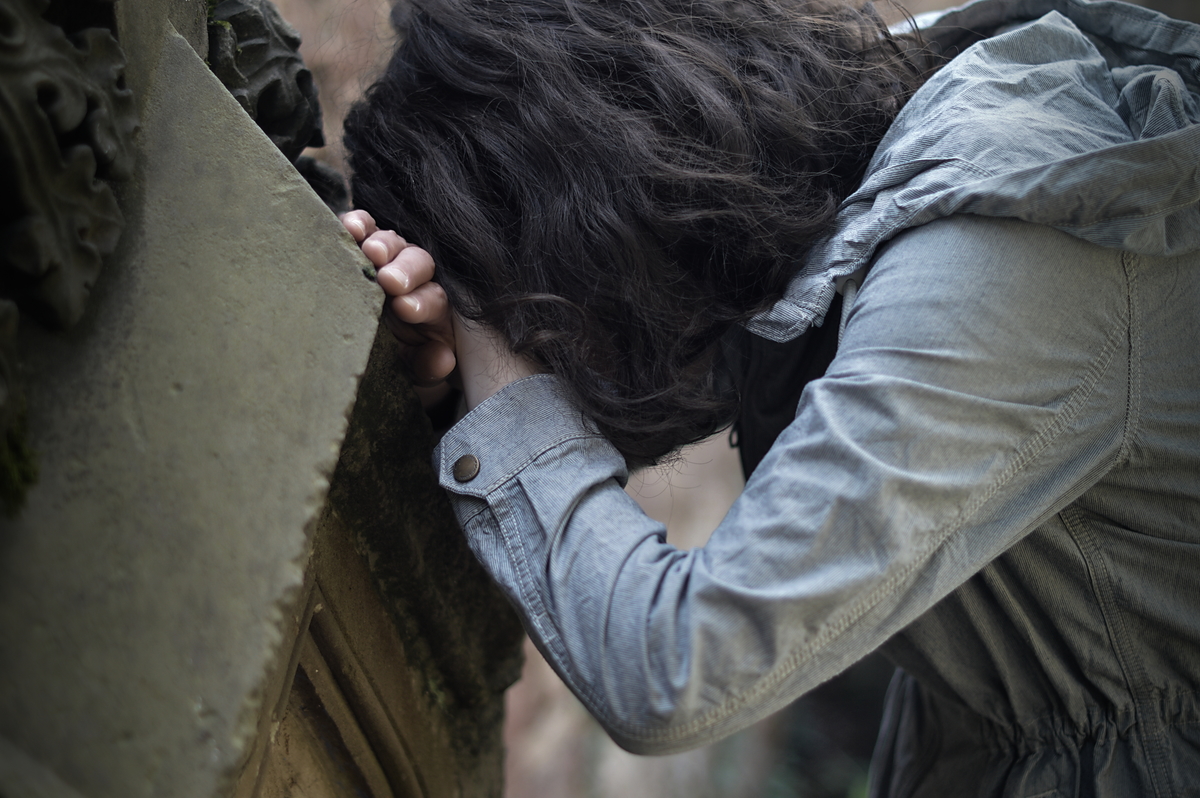One of Jesus’ strongest rebukes is given against the towns where “most of His miracles were done because they did not repent” (Matthew 11:20). Perhaps when we read, “they did not repent,” we think of overtly wicked people who failed to turn away from their immorality. But Jesus was speaking to a group of people who were moral, religious, and prided themselves in being distinct from other people.
Jesus compared them to Sodom in a way they never imagined being compared to Sodom. After all, Sodom was the picture of God’s wrath poured out against sin and a place they viewed as way beneath them, way more wicked than they were, way more worthy of God’s wrath than they were. Yet Jesus told them:
“And you, Capernaum, will you be exalted to heaven? You will go down to Hades. For if the miracles that were done in you had been done in Sodom, it would have remained until today. But I tell you, it will be more tolerable for the land of Sodom on the day of judgment than for you” (Matthew 11:23-24).
Jesus spoke so strongly against Capernaum because they saw so much and heard so much, yet they did not repent. People knew Jesus spent a lot of time there, so much so that when they went to find him, they looked for Him in Capernaum (John 6:24). Peter’s mother-in-law, the paralyzed man lowered on a mat, the sick servant of the Roman centurion, Jairus’ daughter, and the woman bleeding for 12 years were all healed in Capernaum.
They knew a lot about Jesus, but they did not know Him. They were filled with information, but their hearts lacked transformation. Knowledge of Christ will either change us or condemn us, and their knowledge without repentance condemned them.
The people Jesus rebuked hadn’t repented of their self-sufficiency, of their self-trust, of their belief that they could qualify themselves to stand before God. It wasn’t their immorality that they needed to repent of but their own “goodness.”
Perhaps towns in the US are similar to Capernaum. Lots of exposure with little repentance. Lots of sermons, church programs, church buildings, Christian bookstores and radio stations. All the knowledge makes us accountable, but if we don’t repent and rely on His grace, all the knowledge can lead us only to trust ourselves more, to trust our goodness more. For many, in towns like Capernaum, it is our own goodness, not our immorality, that must be repented of.






